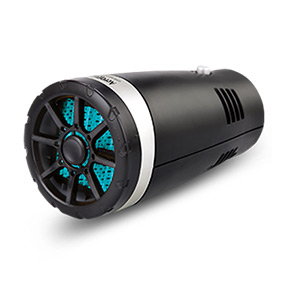clutch fluid line
Understanding the Importance of Clutch Fluid Lines in Automotive Mechanics
In the world of automotive mechanics, the functionality of various components is essential for the reliable operation of a vehicle. Among these components, the clutch system plays a critical role in enabling the driver to shift gears smoothly. An often overlooked yet vital part of this system is the clutch fluid line. Understanding its function and importance can help car owners appreciate the complexity of their vehicles.
The clutch fluid line serves as a conduit for hydraulic fluid between the master cylinder and the slave cylinder in a hydraulic clutch system. When the driver presses the clutch pedal, the master cylinder generates hydraulic pressure by pushing fluid through the clutch fluid line. This pressure is transmitted to the slave cylinder, which then disengages the clutch, allowing the driver to change gears. The efficiency and reliability of this operation depend significantly on the condition and integrity of the clutch fluid line.
One of the most common issues that can arise with clutch fluid lines is leakage. Over time, these lines can develop cracks or corrosion, leading to a loss of hydraulic fluid. When this happens, the pressure generated by the master cylinder may not be sufficient to disengage the clutch, resulting in difficulty when shifting gears. A driver may experience symptoms such as a spongy clutch pedal, an inability to shift gears properly, or even complete clutch failure. Regular inspection and maintenance of the clutch fluid line can help prevent such issues and ensure smooth operation.
clutch fluid line

Additionally, the material used for clutch fluid lines is crucial. Most clutch lines are made from either rubber or metal. Rubber lines are flexible and easier to install, but they can be more susceptible to wear and degradation over time. In contrast, metal lines are more durable and resistant to damage, although they can be more challenging to work with during installation. Understanding the advantages and disadvantages of each material can assist vehicle owners in making informed decisions about their car's maintenance.
Another important consideration is the type of hydraulic fluid used in the clutch system. Using the wrong type of fluid can lead to damage to the seals and lines, potentially causing leaks and reduced performance. It is essential for vehicle owners to adhere to the manufacturer’s specifications regarding fluid type and maintenance intervals.
In conclusion, the clutch fluid line is a fundamental component of a vehicle's clutch system, playing a crucial role in the smooth operation of gear shifts. Awareness of its functionality, potential issues, and maintenance can enhance a driver's understanding of their vehicle and contribute to its overall performance. Regular checks and timely replacements will promote the longevity of the clutch system, ensuring safe and reliable vehicle operation for years to come.
-
Upgrade Your Vehicle with High-Quality Handbrake CablesNewsNov.01,2024
-
Optimize Your Bike's Performance with Quality CablesNewsNov.01,2024
-
Enhance Your Vehicle's Performance with Quality Clutch ComponentsNewsNov.01,2024
-
Elevate Your Vehicle's Performance with Quality Throttle CablesNewsNov.01,2024
-
Elevate Your Vehicle's Performance with Quality CablesNewsNov.01,2024
-
Affordable Solutions for Your Cable NeedsNewsNov.01,2024
